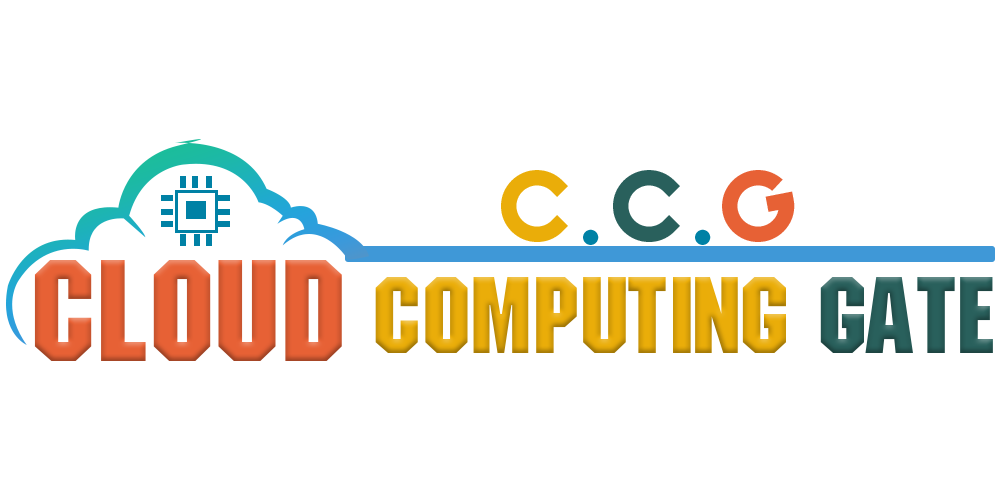A Comprehensive Guide to Web Hosting Control Panels: Simplifying Website Management
In the vast landscape of web hosting, effective website management is crucial for businesses and individuals alike. Web hosting control panels play a pivotal role in simplifying and streamlining the complex process of managing websites, server settings, and various hosting features. In this comprehensive guide, we will explore the world of web hosting control panels, their significance, and some popular options available in the market.
I. Understanding Web Hosting Control Panels:
A web hosting control panel is a graphical interface provided by hosting providers to facilitate the management of web hosting services. It allows users to perform various tasks related to website and server management without requiring extensive technical knowledge. Control panels offer a user-friendly environment, making it easier for users to handle tasks like domain management, file uploads, database administration, and more.
II. Key Features of Web Hosting Control Panels:
- User Interface (UI): One of the primary features of a web hosting control panel is its user interface. The best control panels offer an intuitive and user-friendly design, ensuring that users, regardless of their technical expertise, can navigate and use the platform effortlessly.
- Domain Management: Control panels enable users to manage domain-related tasks, such as registering new domains, configuring DNS settings, and managing subdomains. This feature is crucial for businesses with multiple websites.
- File Management: Uploading, downloading, and managing files on the server become seamless with file management features. Users can access a file manager through the control panel, eliminating the need for FTP clients in many cases.
- Email Management: Control panels often include tools for managing email accounts associated with hosted domains. Users can create, delete, and configure email accounts, set up forwarders, and manage spam filters.
- Database Administration: For websites relying on databases, control panels provide tools for creating, modifying, and managing databases. Popular database management systems like MySQL and PostgreSQL are often supported.
- Security Features: Security is a top priority in web hosting. Control panels offer features like SSL certificate installation, firewall configuration, and access control to enhance the security of hosted websites.
- Backup and Restore: Regular backups are crucial to prevent data loss. Control panels typically include tools for scheduling backups and restoring websites to a previous state if necessary.
III. Popular Web Hosting Control Panels:
- cPanel:
- Known for its user-friendly interface and widespread adoption.
- Offers a range of features for website, email, and server management.
- Supports various add-ons and third-party integrations.
- Plesk:
- Provides a clean and modern interface with a focus on simplicity.
- Suitable for both Linux and Windows servers.
- Offers tools for WordPress management and Docker integration.
- DirectAdmin:
- Known for its lightweight and efficient design.
- Provides essential features for website and server management.
- Preferred by users looking for a straightforward interface.
- VestaCP:
- An open-source control panel with a clean and minimalistic design.
- Lightweight and resource-efficient, making it suitable for smaller servers.
- Supports Apache and Nginx web servers.
- Webmin:
- Open-source and highly extensible control panel.
- Offers a wide range of modules for server and service management.
- Suitable for users who prefer a modular approach.
IV. Choosing the Right Control Panel:
The choice of a web hosting control panel depends on various factors, including the user’s technical proficiency, specific hosting needs, and preferences. Consider the following when making a decision:
- User-Friendly Interface: Choose a control panel with an interface that aligns with your comfort level and technical expertise.
- Compatibility: Ensure the control panel is compatible with your hosting environment and supports the necessary server configurations.
- Features and Add-ons: Evaluate the features offered by each control panel and check for additional add-ons or integrations that may be required for your website.
- Scalability: Consider the scalability of the control panel to accommodate the growth of your website and business.
- Support and Documentation: Assess the availability of support resources, including documentation, forums, and customer support, to address any issues that may arise.
Conclusion:
Web hosting control panels are indispensable tools for simplifying the complex task of managing websites and servers. Whether you are a seasoned web developer or a business owner with limited technical knowledge, choosing the right control panel is crucial for a smooth hosting experience. By understanding the features and considerations discussed in this guide, you can make an informed decision and leverage the power of web hosting control panels to enhance your online presence.




Comments
0 comments